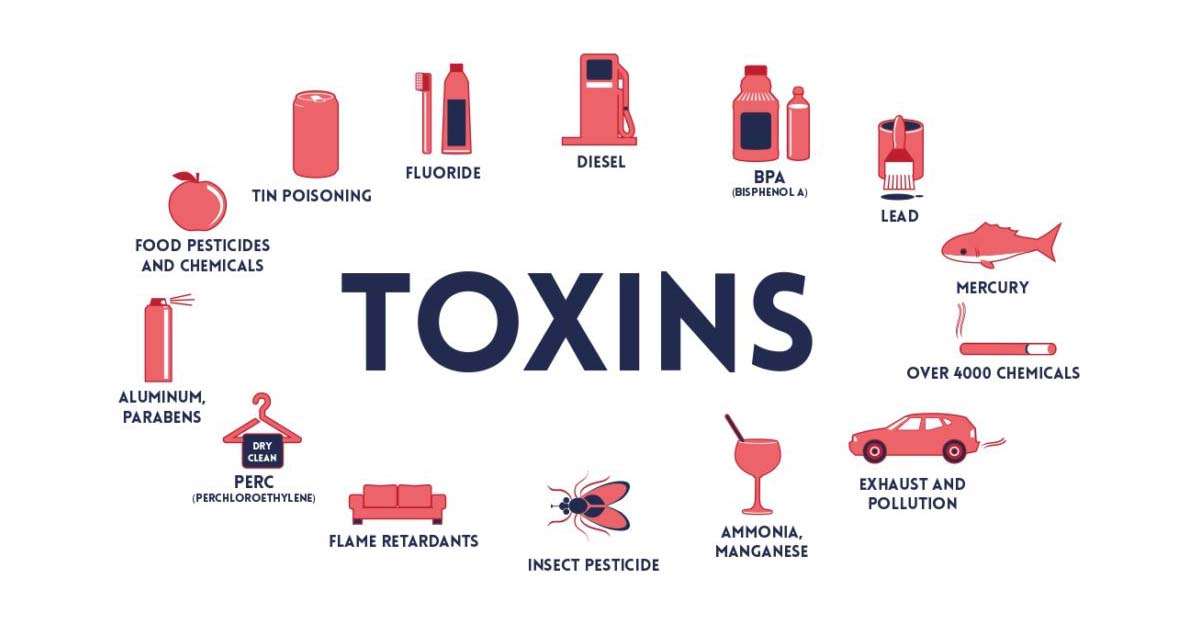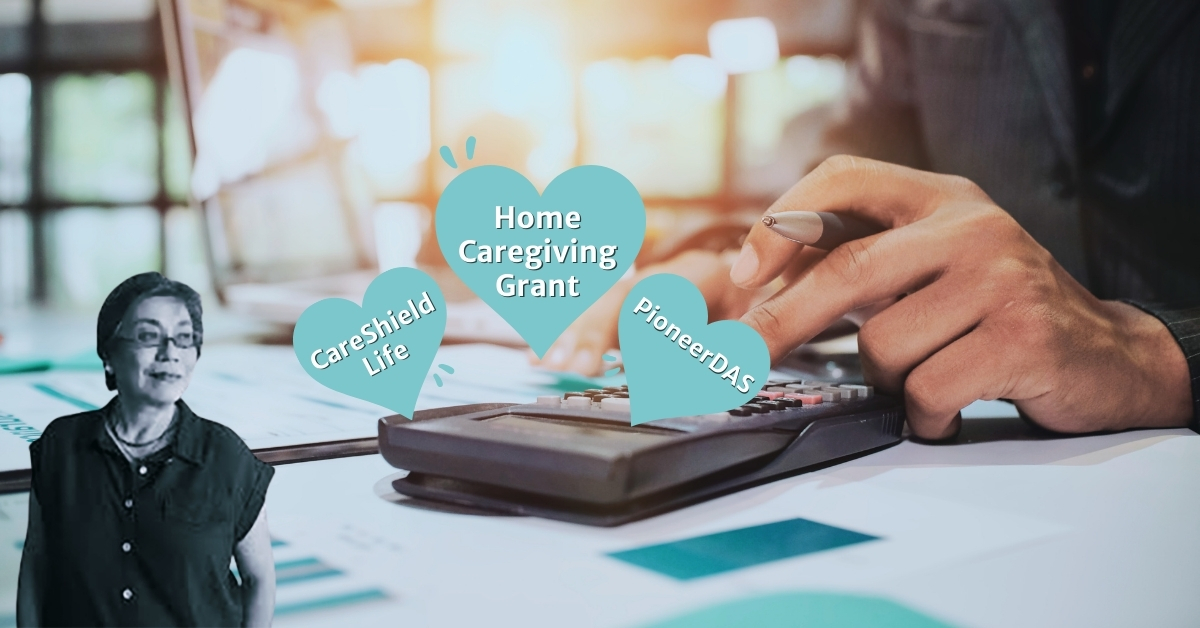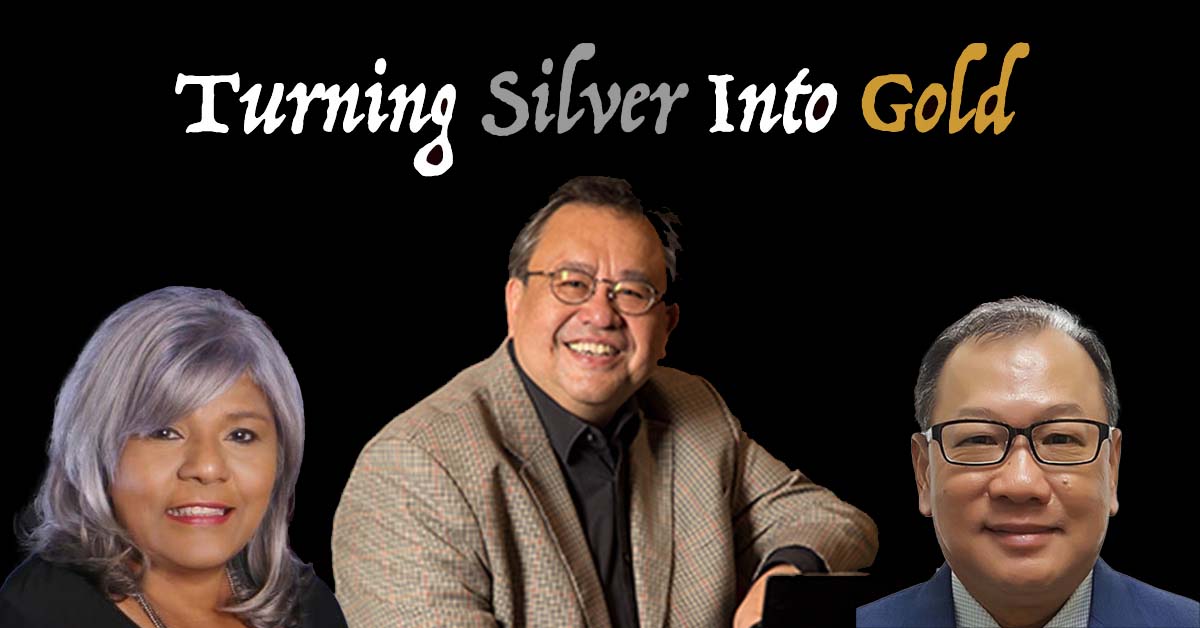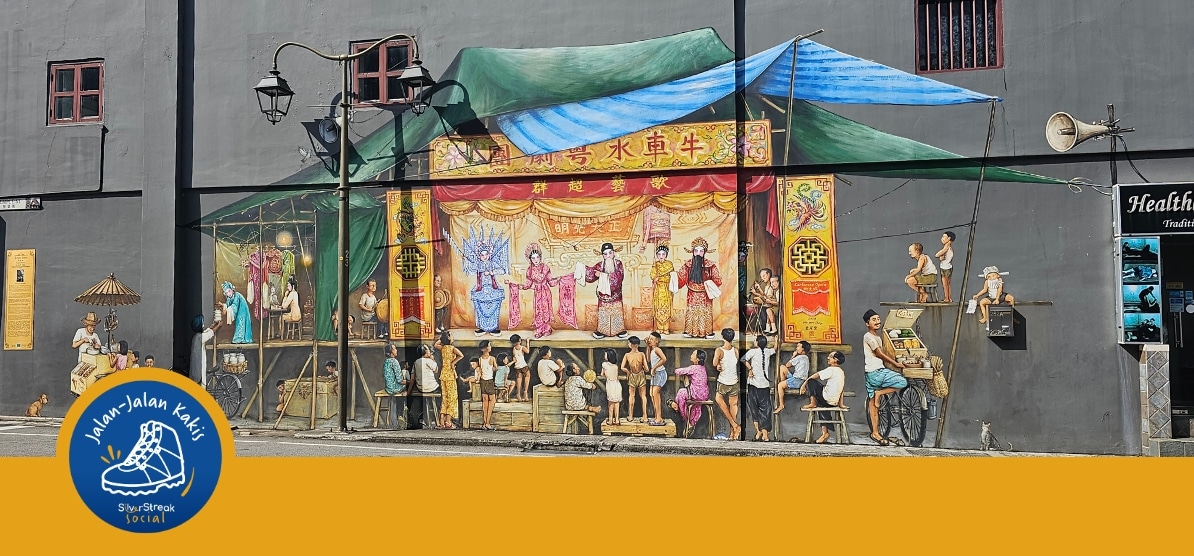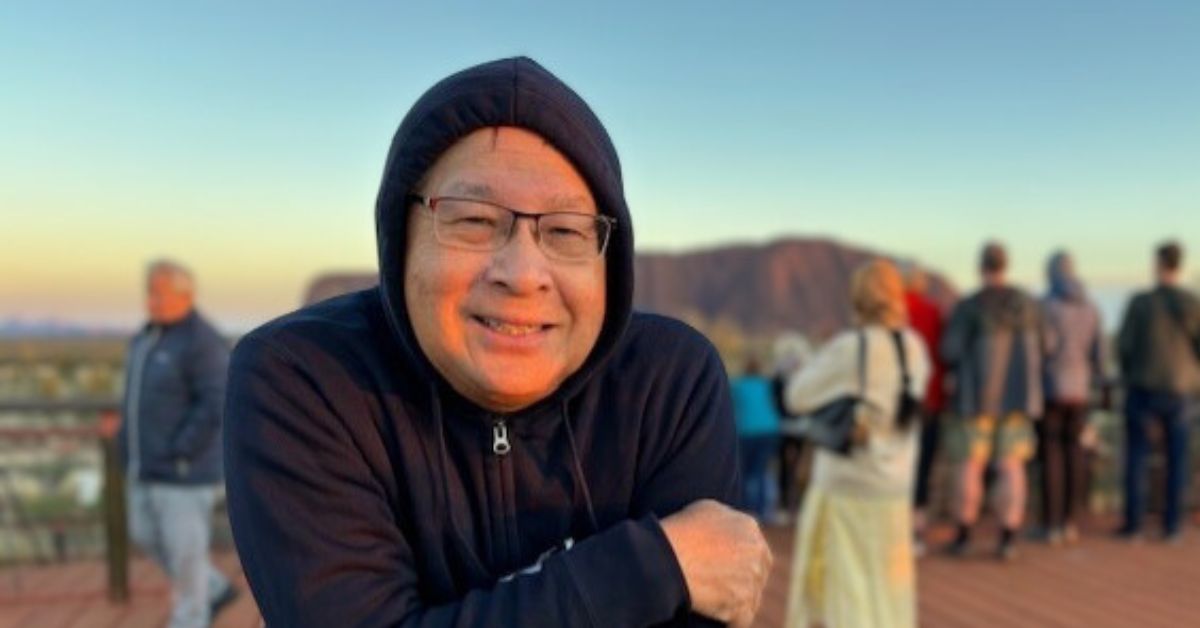
Retiree Oliver Ong, 67, has just returned from Uluru in the Northern Territories of Australia. It’s his first long-haul flight since Covid-19 and he couldn’t have been more excited.
But his enthusiasm has nothing to do with catching the Ayers Rock at sunset or enjoying a game of golf in Australia’s first desert golf course. Instead, Oliver spent more than a week inside a classroom upskilling himself as a counsellor.
The former operations executive, who spent 40 years with a ground handling company at Changi Airport, called it a day at 65 but was already planning his retirement three years prior.
My career helped me developed people skills, and I knew I wanted to give back to the community using these skills but did not know how.
Oliver says,
Life after retirement can be scary for many men like Oliver, who may struggle with loss of identity and making new friends and connections outside of work.
Advertisement
I was never pleased with myself and often doubted my ability to do important things in life,
admits Oliver.
"My self-esteem was low, and I felt very demoralised and withdrawn."
A counsellor friend suggested for Oliver to enrol into a counselling course so as to better understand himself and reinvent himself as a helping professional. Oliver decided to take the plunge to be a student again at 60 years old.
All that self-doubt was a blessing in disguise!
says Oliver.
"The counselling programme helped me overcome all my past challenges, and decided I was going to use my counselling skills and life experience to help others in distress."
Armed with a master’s in counselling, he decided to hone his helping skills by volunteering as a befriender at Singapore Prison Service (SPS). The SPS Befriending Programme sees befrienders mentoring and journeying with ex-offenders that begins in prison and continues after release, as they prepare to reintegrate into society.
According to the Befriending Networks UK, befriending is a relationship initiated, supported and monitored by a voluntary or statutory agency; it is usually a casual but professional one-to-one social relationship to reduce social isolation and loneliness of the beneficiary. These beneficiaries, or ‘befriendees’, are often people who are marginalised, lonely and/or socially isolated.
Unlike making friends, befrienders are required to work within the policies and regulations of the organisation or community with boundaries that guard the safety of both the befriender and befriendee.
In Singapore, befriending services are often focused on the elderly through organisations like Lions Befrienders and Agency for Integrated Care. However, Oliver chose a different type of befriending.
Befriender to ex-offenders
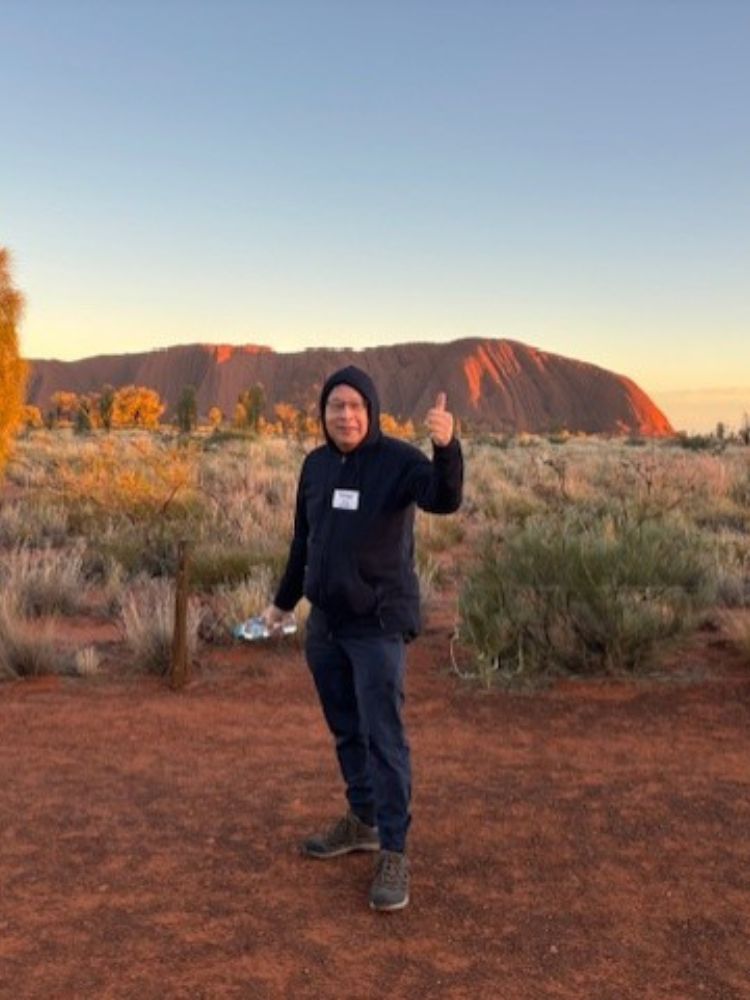
Today, Oliver is busy pounding the pavement across the vast grounds of Changi Prison as a befriender to ex-offenders and a rehabilitation counsellor to adult drug addicts and youths.
The SPS’s Community Befriending Project lasts for 10 months, which includes in-care and aftercare. The in-care phase sees Oliver entering the prisons for face-to-face visits, letter writing and phone calls, and he continues to engage them after release, providing them emotional and moral support as they adjust back to society.
Oliver is also a Volunteer Case Officer (VCO), where he is a supervisor to provide case management support for ex-offenders in community-based programmes. These volunteers are trained by SPS staff, and each eligible volunteer will support up to four former offenders for at least a year.
Oliver, with 50 other VCOs, help ease ex-offenders back into work, family and their respective communities and expand their support networks.
It's so rewarding every time I see an ex-offender turn over a leaf,
reveals Oliver.
"Befriending has helped me build meaningful connections, improves my well-being, and I do it all without expecting anything in return."
The Singapore Red Cross Academy also runs a Befriender Course.

